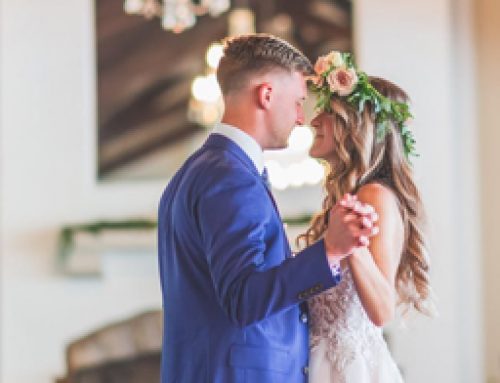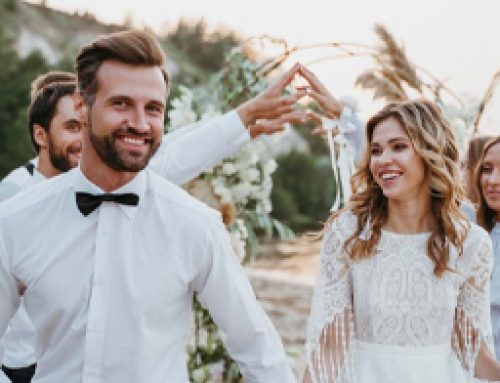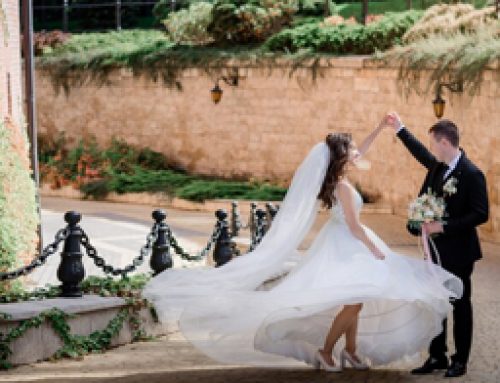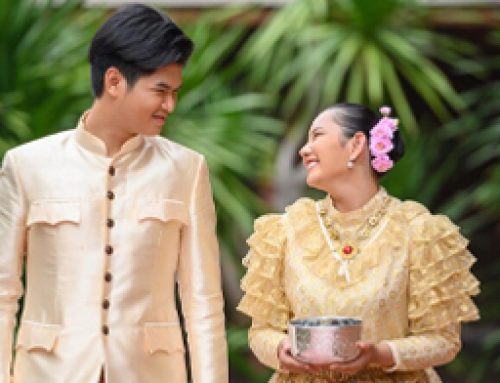Bangladesh Wedding Traditions: Bangladeshi Customs & Rituals
Bangladeshi wedding traditions are deeply rooted in the country’s rich culture, heritage, and religious customs. A Bangladeshi wedding, also known as “Biye” or “Biyaha,” is a grand affair that spans multiple days and involves a series of rituals and ceremonies. Let’s explore the various traditions that make up a Bangladeshi wedding in detail:
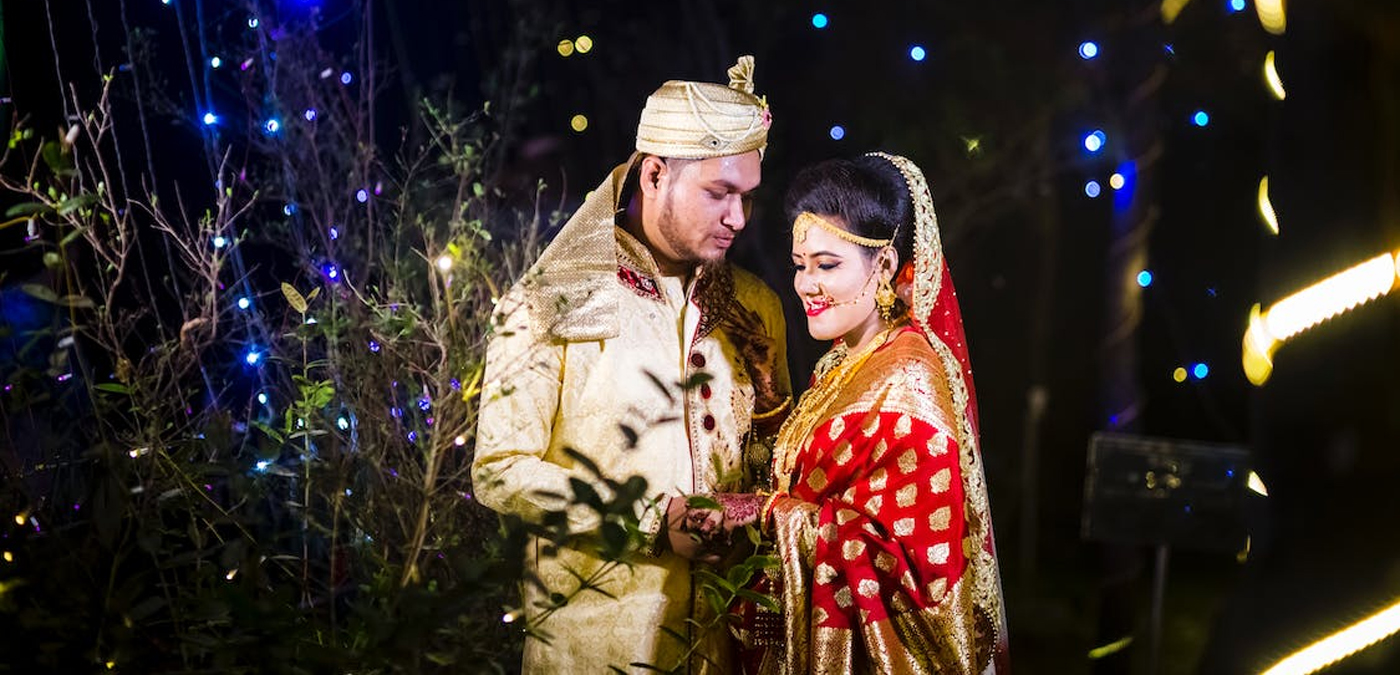
Pre-Wedding Rituals:
Adan Pradan:
This ceremony involves the formal introduction and acceptance of the bride and groom’s families. The elders from both sides exchange pleasantries and discuss the wedding arrangements.
Aiburo Bhaat:
The bride and groom are treated to special meals separately at their respective homes. It signifies their last meal as unmarried individuals.
Gaye Holud:
The Gaye Holud ceremony, also known as the turmeric ceremony, is a vibrant and joyous occasion. The bride and groom’s families apply turmeric paste on their bodies as a symbol of purification and to bring a natural glow to their skin. The ceremony is accompanied by traditional songs, dances, and festivities.
Wedding Day:
Bor Jatri:
The groom, accompanied by his family and friends, leaves for the bride’s home in a procession called the Bor Jatri. The groom is usually seated on a decorated horse or in a car, and the procession is accompanied by music and dancing.
Bor Boron:
Upon the arrival of the groom’s party at the bride’s home, the Bor Boron ceremony takes place. The bride’s mother welcomes the groom and his family by performing an aarti (ritualistic waving of a lamp) and showering them with flower petals.
Paka Dekha:
The Paka Dekha ceremony is the formal acceptance of the marriage proposal. The groom’s family presents gifts, including the wedding saree and other bridal accessories, to the bride. The bride’s family also offers gifts to the groom and his relatives.
Biye:
The wedding ceremony, known as Biye, takes place in the presence of family members, relatives, and friends. It is usually held in a venue such as a community hall or a banquet hall. A religious figure, often a priest or Qazi, conducts the wedding rituals according to Islamic traditions.
Mala Badal:
During the wedding ceremony, the bride and groom exchange floral garlands, symbolising their acceptance and commitment to each other.
Anondo Bazi:
After the formal wedding rituals, there is a celebration called Anondo Bazi, where family members and friends engage in joyful activities, dances, and performances to celebrate the union of the couple.
Post-Wedding Rituals:
Bou Bhat:
Bou Bhat is the first meal that the newly married couple shares together. It is a special occasion where the bride is welcomed into her new home and served a traditional meal by the groom’s family.
Bashor Ghor:
The bride spends her first night in her marital home, known as Bashor Ghor. This is a significant moment symbolising the beginning of the couple’s life together.
Bou Bhat Bidaai:
The bride’s departure from her parental home is an emotional moment. The family bids her farewell with blessings and good wishes for her married life.
These are some of the key traditions observed in Bangladeshi weddings. However, it’s important to note that customs and practices may vary based on regional, cultural, and religious differences. Bangladeshi weddings are characterised by their festive nature, elaborate rituals, and the coming together of families to celebrate the joyous union of the bride and groom.
Perfect Venue For Bangladeshi Wedding Ceremony in Melbourne
Seasons5 offers a vibrant atmosphere and venues along with our dedicated staff to help you on your big day. Nestled in the lush greenery of Point Cook, we’ve got luxurious accommodations too. Our private lake and waterfall make for a picturesque scene for your Bangladesh wedding. Crafted with local and fresh ingredients, our Cinnamon Bay Restaurant offers delicious meals for wedding celebrations. You can also enjoy our day spa to relax and rejuvenate. Feel free to call us on 03 8376 5300 or drop an email at contact@seasons5.com for more information.




